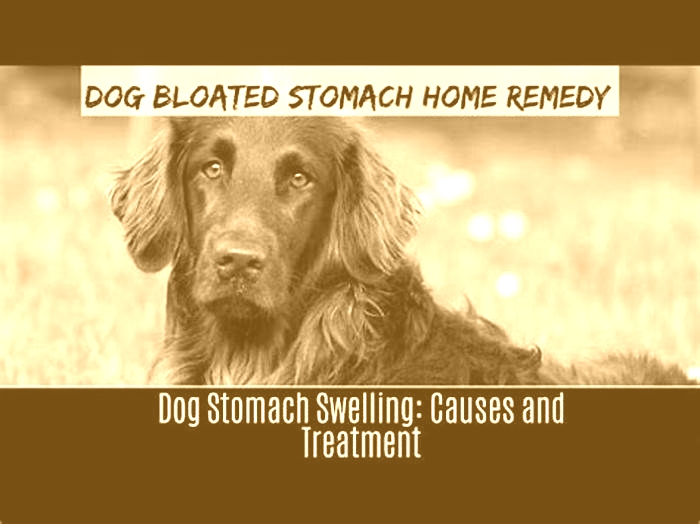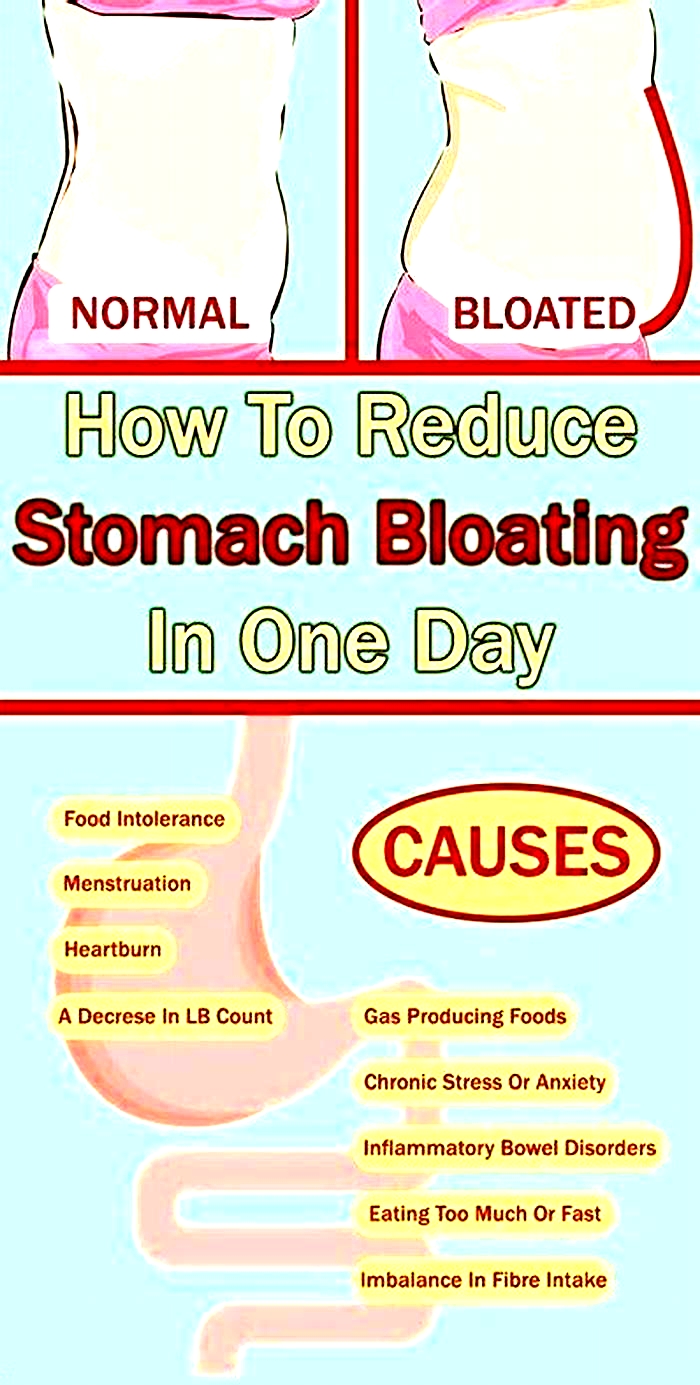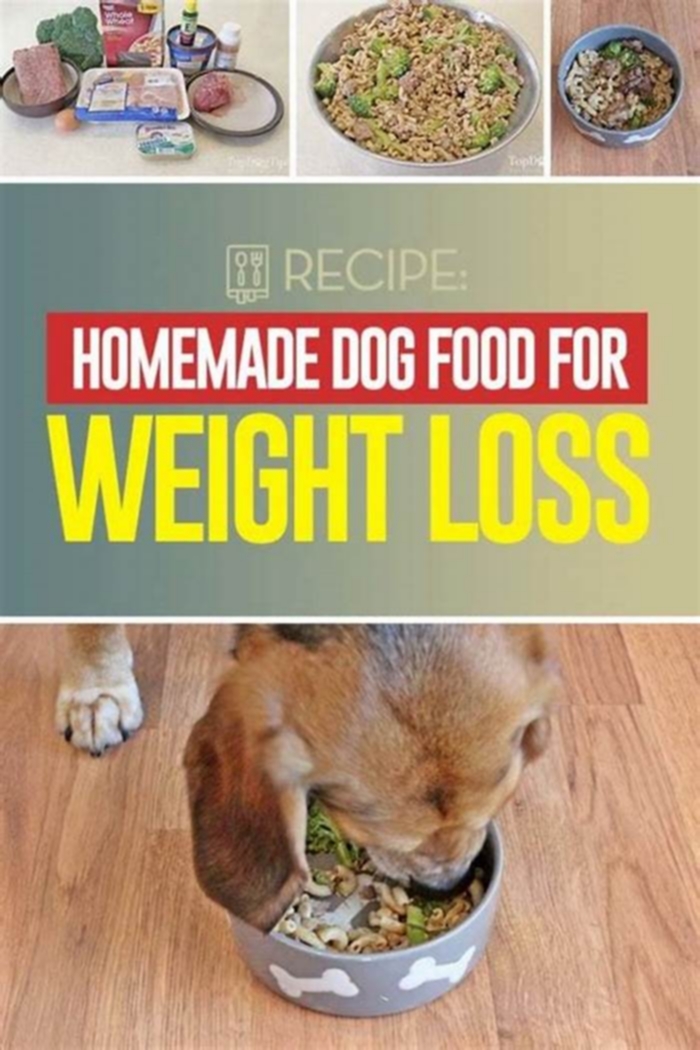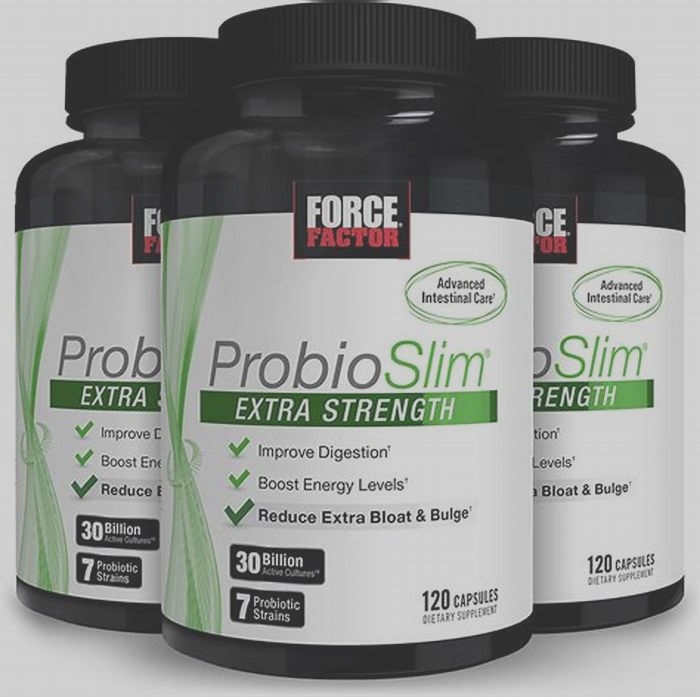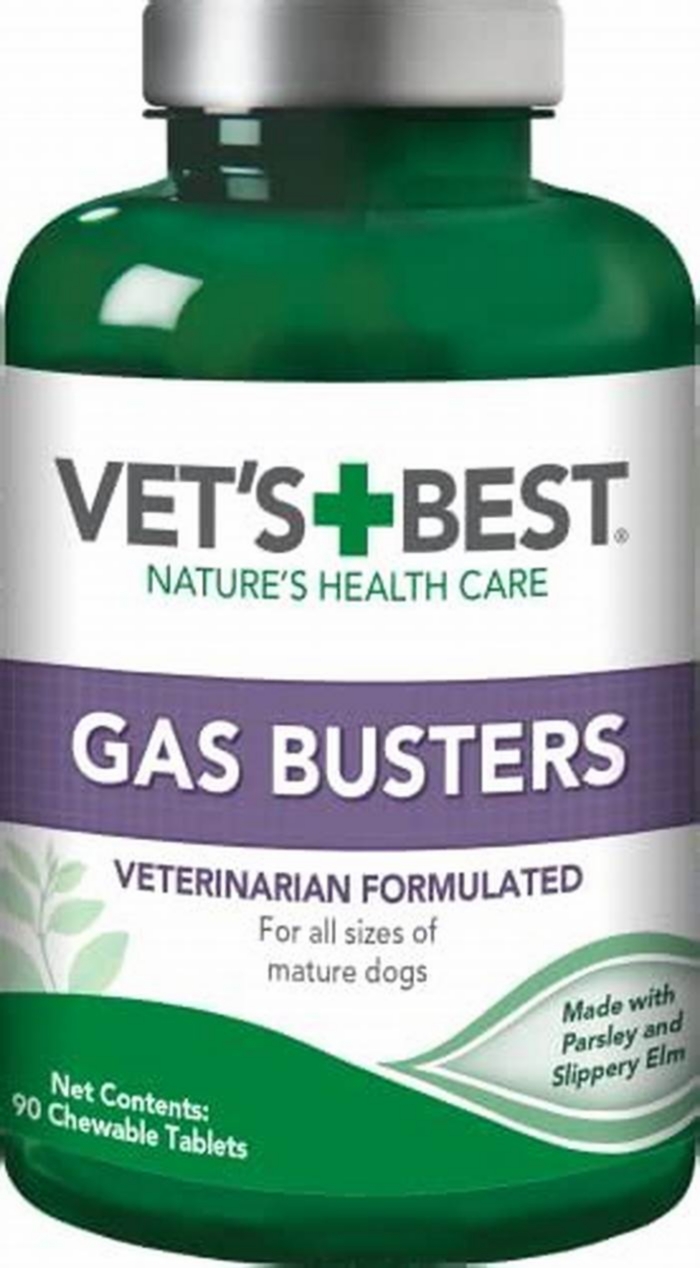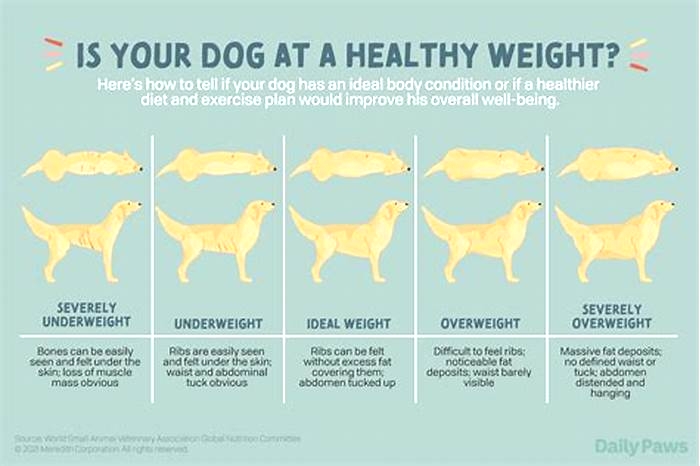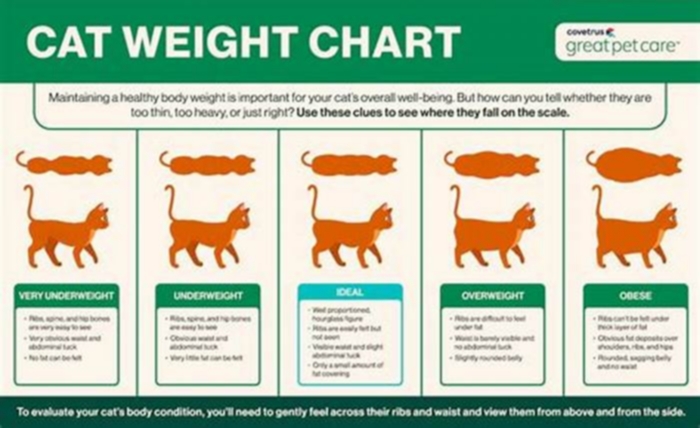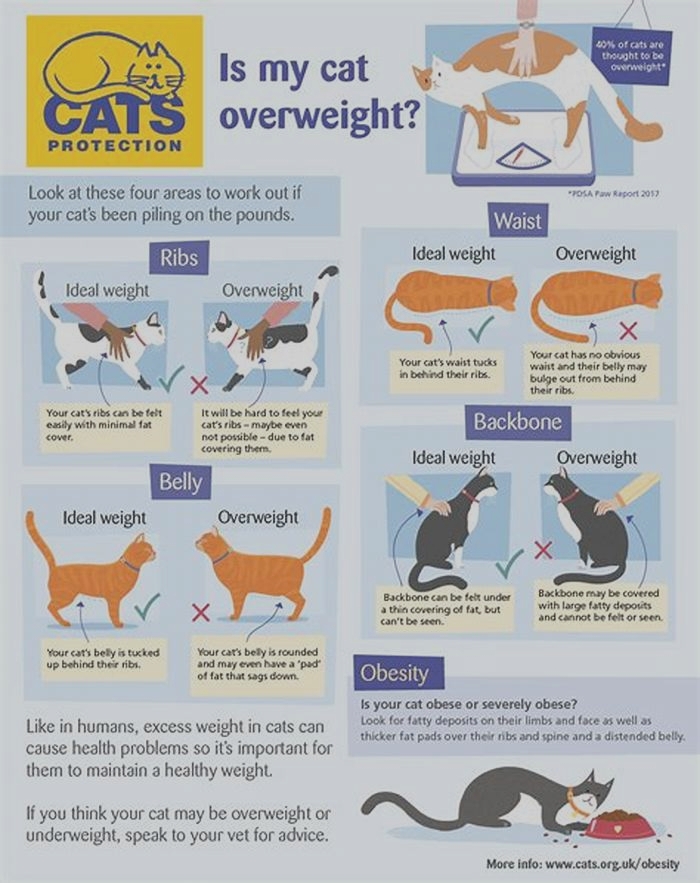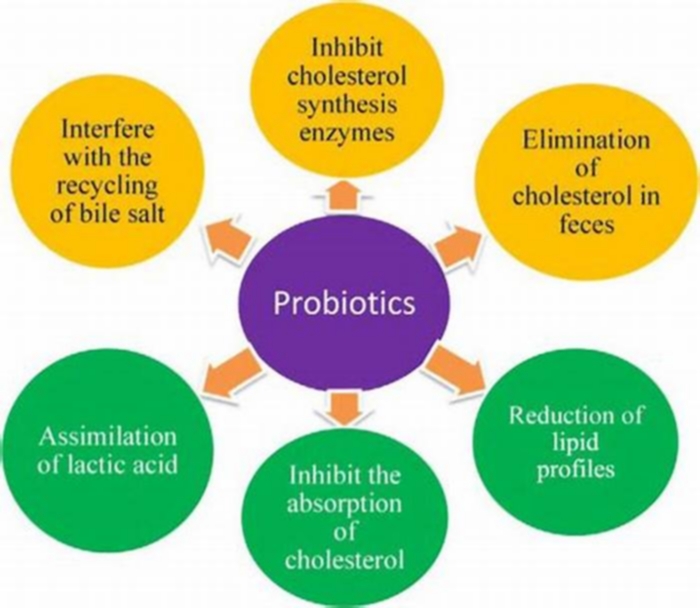How to reduce bloating in dogs
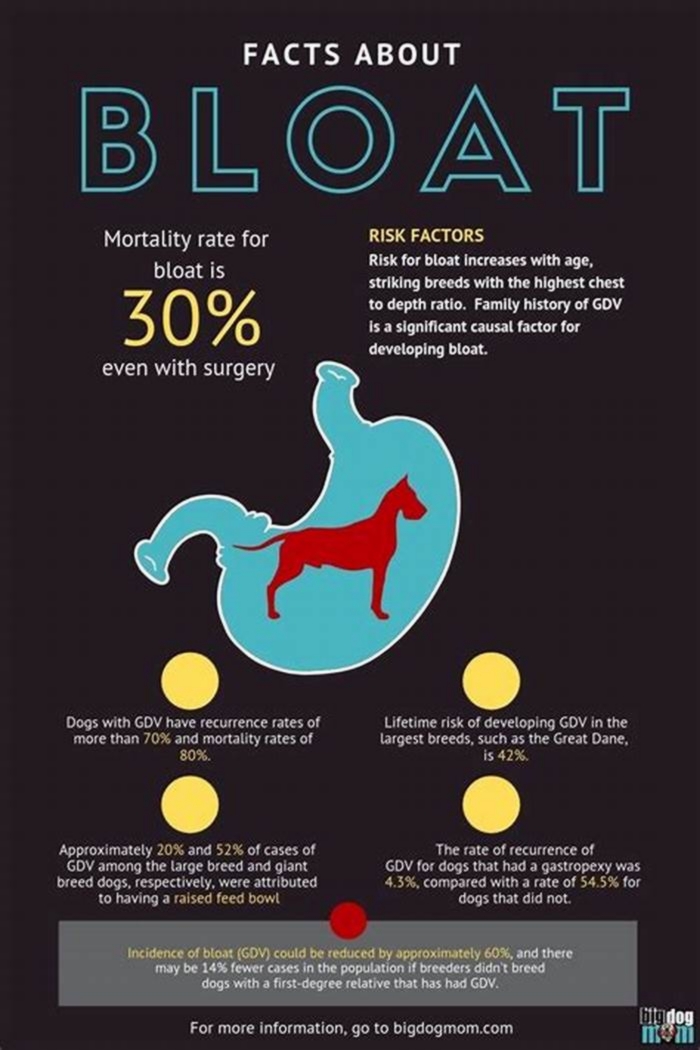
Dog Bloated Stomach Home Remedies
You know that bloated feeling you get after you've eaten a large meal? Your dog can get that same uncomfortable feeling after he's eaten too much or when he's experiencing a bought of gas.
Dog-bloated stomach home remedies can be used to reduce the chances that your dog will become bloated and help to relieve the pain.
Dog bloat happens when your pet's stomach fills with too much gas and as a consequence expands abnormally.
If the stomach is bigger than it usually is, it pressures other vital organs surrounding it and disables the regular blood flow. With a little bit of time and some dog-bloated stomach home remedies, this situation will clear up on its own.
Gastric dilatation-volvulus (GDV), also known as dog bloat, is a completely different issue. Dog bloat is a very serious condition that requires medical attention.
A little bit of gas discomfort and the pain of overeating is nothing compared to this serious health concern.
Gastric dilatation-volvulus condition also includes the twisting of the stomach. This twisting paired with the swollen stomach prevents blood from going back to the heart and other vital organs.
Since the gas cannot escape the stomach in these conditions, the situation gets worse by the minute. If this state lasts for a couple of hours, your dog will go into shock.
To learn more about gastric dilatation-volvulus, you can read our extensive guide on the topic.
If you're unsure whether or not your dog is feeling bloated or is suffering from GDV, call your veterinarian immediately.
Dog Bloated Stomach Home Remedies
 If you notice any signs of gastric dilatation-volvulus, you need to contact your veterinarian immediately.
If you notice any signs of gastric dilatation-volvulus, you need to contact your veterinarian immediately.
Do not wait! If left untreated this condition can be fatal in just a few hours. Signs to watch for include:
- anxiety or pacing
- depression
- lethargy
- retching and/or repeated attempts to vomit with little to no vomit coming out
If your dog is simply bloated due to a bought of gas or overeating, there are a number of home remedies that can help to ease his discomfort.
1. Probiotics and Prebiotics
Your dogs gut contains both good and bad bacteria they're part of natural gut flora, and there must be a balance between these for your dog to remain healthy. Prebiotics are comprised of fiber that cannot be digested.
Since they cannot be digested, these prebiotics is carried to the dog's colon where they help to fuel a healthy environment by feeding the good bacteria that reside there.
Where prebiotics fuel good bacteria that are already present in your dogs system, probiotics repopulate the good bacteria that are missing.
They do this by modulating the production of cytokines and then improving the immunity and forming a protective layer through the secretion of SIgA.
Think about your dog's digestive tract as a yard full of grass. Every blade of grass represents a single bacterium. Prebiotics act as a fertilizer for the grass (or bacteria) that is already there.
Probiotics are like reseeding the lawn (or digestive tract) to get more grass (or good bacteria) to grow.
2. Change in Diet
A sudden change in your dog's diet could lead to excess gas production. If you're planning to change your pet's diet, you'll need to do so gradually. You also need to ensure you're feeding a high-quality diet.
Poor quality foods contain a lot of filler ingredients that your dog's body does not need. These ingredients can be harder to digest, causing excessive gas.
If your dog has an issue with excessive flatulence, switching him to a higher quality food may be an easy solution to this smelly problem.
 3. Slow Down Fast Eaters
3. Slow Down Fast Eaters
When it comes to dog-bloated stomach home remedies, slowing down a fast eater is one of the easiest things you can do.
Slow feeders, like the one seen in my video guide above, are affordable on any budget, and they make eating a fun game for your pooch. Better yet, they have the ability to make your dog eat up to 10 times slower than he would from a traditional bowl.
Using an elevated feeder also helps to slow eating and reduce the likelihood that your pet will be bloated after a meal. Feeding your pup smaller meals that are spread out throughout the day can help promote better digestion as well.
If you have multiple dogs, you need to take the competition out of mealtime. Feed each dog in a separate space where they cannot see each other.
Many dogs eat faster when other pets are around to prevent the other animal from stealing their food.
4. Massage Gas Out of the Dog
Your dog may be suffering from gas buildup and may be unable to pass gas on his own. The simplest way to help him is to massage your dog like this.
- Sit down on the floor or couch, and get your dog near you or on your lap. Make sure both of you are comfortable, calm, and relaxed.
- Start by flattening your palmandthen slowlymove over the dogs body.
- Pay attention to areas that feel hardened versus the areas that are soft and malleable. Feel the layers, of your dog's hair, skin, fat, muscle, and bone.
- For large areas, rub to relieve the pressure. For small areas, it may be more efficient tosqueeze.

5. Light Exercise
Light exercise, like walking, can help your pet pass gas too. Exercising increases blood flow and stimulates the digestive tract.
Your dog may even pass stool during a walk, which would clear up some space and help him feel more comfortable right away.
Just be sure the exercise isn't too strenuous, or it could make your dog sick to his stomach.
It's common for dogs to have excessive gas, and usually, it's not a cause for concern. Following the tips above should help reduce bloating and get your pooch feeling better in no time.
Just keep watching for those signs of canine bloat and make sure to call your veterinarian immediately if suspect the condition is more serious than you originally thought.
READ NEXT: 11 Stomach Problems in Dogs Causes and Treatments
Bloat
What is bloat?
Bloat, also known as gastric torsion, and also as gastric dilation volvulus (GDV) syndrome, is a life-threatening disorder that happens when a dog's stomach fills with gas and becomes twisted. It mainly occurs in deep-chested breeds.
What causes gastric torsion?
We don't really know why bloat happens. It is thought that if there is enough room in the abdomen for gas-filled organs to move, then occasionally they will. This is why the condition is most common in deep-chested dogs.
Why does the stomach become gas filled?
Vets believe that there are two likely triggers:
anxiety
Animals (including humans) usually swallow more air when they are anxious. This is known as aerophagia (literally "eating air") and it is usually seen in stressed, kennelled dogs. The constant intake of air causes the stomach to balloon in size, which changes the abdomen's normal organ layout.
diet
If dogs are moved onto very fermentable foodstuffs that produce gas at abnormal rates, the stomach can struggle and not deal with the gas efficiently by burping or passing it into the intestines.
Either way the dog is now bloated, which is an emergency in itself even if not one requiring surgery. If this inflated stomach twists however, the situation rapidly changes from serious to catastrophic.
How can I tell if my dog has bloat?
As with any emergency with your dog, if you suspect something is wrong, speak to a vet immediately, as time is crucial.
Signs to look out for:
- Gut bloating: if you notice a distended stomach, seek advice fast
- Anxiety
- Problems breathing: the expanded stomach prevents the dog from breathing properly
- Dribbling or drooling
- Trying to be sick, without success
- Pain around the stomach
How is bloat treated in dogs?
Treatment for bloat will depend on how unwell your dog is. Your vet will usually x-ray them to see whether surgery is needed. Animals critical with GDV are high anaesthetic risks, so your vet may use heavy intravenous sedation first to make sure the dog is pain free and lying still.
How might my vet treat a severely bloated stomach?
If the stomach is an abnormal size your vet may:
- pass a stomach tube through the mouth and down the oesophagus to try to decompress the bloated stomach
- clip a small patch of skin on the left flank and puncture the abdominal wall with a catheter to release excess gas, which immediately decompresses the bloated stomach and restores normal breathing patterns and blood flow
Why is it important to act fast?
Time is very important in bloat cases because a twisted stomach can reduce blood flow, causing death of the dog's stomach wall (necrosis). This can lead to perforation and fatal peritonitis. Once the stomach has been partially decompressed and intravenous fluids are flowing and breathing is improved, the next step is invasive surgery. Sometimes the vet may reposition the stomach and fasten it to the inner abdominal wall to help prevent GDV happening again.
How long is my dog likely to be at the vet?
Patients are usually hospitalised for at least 48 hours as post-operative effects such as toxins released by traumatised tissues can cause major complications including heart attacks, peritonitis and sudden death.
Help raise awareness
Gill Arney & Derek Hamilton set up the canine bloat awareness campaign after Beau, their Dobermann, survived gastric torsion in 2008. They produced the above flyer (in conjunction withseveral vets)detailing the signs to look out for and a very simple message -if you see these signsthen get your dog to the vet.
- Gill will send packs of flyers (free of charge) to any UK address, or you can email to requesta PDF copy
- There is also a Facebook group:canine bloat awareness
Article author
This article was written byMarc Abraham, a vet based in Brighton who regularly appears on UK television.
Think your dog may be affected?
If you're worried about your dog's health, always contact your vetimmediately!
We are not a veterinary organisation and so we can't give veterinary advice, but if you're worried about any of the issues raised in this article then please contact your local vet practice for further information.
Find a vet near you
If you're looking for a vet practice near you, why not visit the Royal College of Veterinary Surgeons'Find a Vetpage.
12 Great Ways to Get Rid of Bloating
We include products we think are useful for our readers. If you buy through links on this page, we may earn a small commission. Heres our process.
Healthline only shows you brands and products that we stand behind.
Our team thoroughly researches and evaluates the recommendations we make on our site. To establish that the product manufacturers addressed safety and efficacy standards, we:- Evaluate ingredients and composition: Do they have the potential to cause harm?
- Fact-check all health claims: Do they align with the current body of scientific evidence?
- Assess the brand: Does it operate with integrity and adhere to industry best practices?
Determining the cause of bloating, doing exercise, and limiting triggering foods may help reduce the symptoms of bloating and prevent uncomfortable episodes.
Abdominal bloating is a common problem,
Sometimes its due to a food sensitivity or food intolerance, or you might have an underlying health condition, for instance, irritable bowel syndrome (IBS) or inflammatory bowel disease (IBD). Chronic bloating that causes moderate to severe symptoms can affect a persons overall wellbeing and quality of life.
Here are 12 science-backed ways you can reduce or eliminate bloating.
Gases like oxygen, carbon dioxide, nitrogen, and methane enter your gut when you swallow air and food food ferments in your large intestine. This leads to increased gas.
Possible causes
- eating foods that contain compounds that ferment in your colon, such as fiber, sugar alcohols, and FODMAPs
- a food intolerance, such as a lactose or
fructose intolerance - swallowing excess air, for example, when chewing gum
- fluid retention in the abdomen,
for instance , due to heart disease or liver failure - constipation
- imbalances in your gut microbiome, the ecosystem of bacteria living in your gut
- ileus, when the bowel stops moving food forward due to surgery, medication use, or other causes
- having a health condition, such as IBD, IBS, or endometriosis
- a bowel obstruction, which may also involve vomiting and constipation
- psychological stress
If you have frequent, severe, or persistent bloating, its important to seek medical advice.
SummaryBloating is triggered by many dietary and lifestyle factors, but identifying the cause can help reduce or eliminate symptoms.
Some food and dietary habits may increase the risk of bloating.
They include:
- certain fruits, vegetables, and grains
- some sweeteners
- carbonated drinks
- drinking through a straw
- chewing gum
- eating a large meal
- consuming beverages while eating
Some foods such as fruits, vegetables, and whole grains can cause bloating but also provide essential nutrients. If youre introducing them into the diet, do so gradually to reduce the risk of symptoms. It may also help if you wait
Keeping a food diary may help you identify which foods and habits seem to cause your symptoms so that you can avoid them or manage how you consume them.
Which foods and drinks can help prevent bloating?
SummarySome foods and dietary habits can increase the risk of bloating. Limiting these foods and practices may alleviate symptoms.
Lactose is a sugar found in milk.
Your body needs an enzyme called lactase to break down lactose. If you
With lactose intolerance, lactose passes through your gut, pulling in more water until it reaches your colon, where its fermented by bacteria and releases gas. This may lead to bloating, stomach pain, increased flatulence, and belching.
If you suspect you have lactose intolerance, reducing your dairy intake may help. However, its best to speak with a doctor first, as dairy products
Alternatives with lower lactose levels or no lactose include:
- yogurt
- aged cheeses
- lactose-free dairy products
- non-dairy alternatives, such as almond milk, although they may not have the same nutritional profile as dairy
What are some lactose-free foods?
SummaryLactose intolerance causes multiple digestive symptoms, including bloating. If youre lactose intolerant, its best to avoid or limit dairy products.
Constipation can lead to bloating because it can slow the outlet of gas as well as feces. Also, the longer certain substances spend in the gut, such as lactose, the
- eating high-fiber foods
- drinking plenty of fluids
- exercising regularly
- checking if current medications are making constipation worse
- using over-the-counter remedies
- asking a doctor about prescription medications
Its best to add extra fiber gradually, otherwise bloating might become worse until your body adjusts.
Get some tips for fast constipation relief
SummaryConstipation may cause or exacerbate symptoms of bloating. Increased fiber and fluid intake, as well as physical activity, are effective natural treatments.
Bloating is a common symptom of IBS, along with abdominal discomfort, diarrhea, and constipation.
Foods high in FODMAPs include:
- Grains: wheat and rye
- Dairy: milk, yogurt, and cheese
- Fruit: apples, pears, mangoes, peaches fruit juice, and dried fruits
- Vegetables: Brussels sprouts, cabbage, asparagus, onions, leeks, zucchini and green beans
- Pulses: lentils and legumes
- Other: sugar-free gum and honey
In a low FODMAP diet, you will eliminate certain foods for several weeks then gradually reintroduce them, monitoring their effect.
SummaryFODMAPS are poorly digested fermentable short-chain carbs found in a wide variety of foods. They ferment in your large intestine, producing gas. A low-FODMAP diet may relieve bloating in some people.
Some
In turn, this
They are available as supplements but also occur naturally in
- yogurt
- sauerkraut
- kimchi
- kombucha
- miso
- pickles
Still, most studies have focused on people with IBS, and the evidence is mixed. The results may depend on individual factors and the types of probiotic strains they consume.
What are the best probiotic supplements?
SummaryProbiotics may improve the bacterial environment in your gut, which may counteract bloating especially if you have IBS.
Eating large meals and salty or fatty foods may contribute to bloating in the
- Large portions may stretch your stomach and lead to the pooling of gases and solids in the gut.
- High levels of carbs in the gut that are hard to digest will increase fermentation and therefore gas.
- A high salt intake can lead to water retention in the gut, producing feelings of bloating.
- Fats and refined carbs take longer to digest. The longer they spend in the gut, the more chance there is of gas and bloating.
Reducing portion sizes and limiting your intake of foods high in salt and fat such as fried foods, chips, and chocolate may help manage bloating.
Get some tips on managing portion size
SummaryLarge meals and foods high in salt or fat may contribute to bloating by increasing the production and retention of gas and water in your bowels. Limiting your portion sizes and your intake of foods high in salt and fat may relieve symptoms.
Peppermint as supplements or in other forms may help with digestion.
In 2016, for instance, 72 people with IBS took 180 mg of peppermint oil capsules three times per day for 4 weeks. They
However, more studies are needed to confirm the usefulness of peppermint for bloating.
SummarySome evidence indicates that peppermint oil combats bloating and distension in people with IBS, but more research is necessary.
Swallowing excessive amounts of air, known as aerophagia, can cause bloating.
You may swallow air if you:
SummaryAvoiding rapid eating, chewing gum, and carbonated drinks may reduce bloating by lowering the amount of gas in your gut.
Light exercise, such as walking or cycling, may help reduce bloating after meals, according to
Additionally, regular exercise can help manage stress, a
Other benefits of exercise include weight management and a lower risk of heart disease and other chronic conditions. Current guidelines recommend doing at least
SummaryLight exercise like walking or cycling may help clear gas from your bowels and stomach, thereby reducing bloating.
Rapid weight gain can occur for various reasons and may increase the risk of bloating. Some research suggests that
This may be due to visceral (emotional) changes linked to digestion through the gut-brain axis, which links digestive functions with those of the brain.
If you are concerned about sudden weight gain, its best to speak with a doctor. They can advise on weight management strategies and may investigate to see if there is an underlying cause.
SummaryRecent weight gain can lead to bloating. If you have concerns about sudden weight gain and exercise and dietary measures dont help, consider speaking with a doctor.
Bloating often
Typically, when you eat, your diaphragm rises and the front wall of your stomach contracts to create more space without pushing out your belly.
When bloating happens, the diaphragm a muscle just below the ribs presses down on the stomach, causing it to protrude.
Its unclear why this occurs, but one possible solution is biofeedback.
This technique enables you to see how your muscles are reacting on a screen. By trying different movements, you can see what works well and what doesnt. Some
SummarySome peoples bloating may be caused by an abnormal muscle reflex. Biofeedback is a therapy that helps retrain these muscles to relax and relieves the symptoms of bloating and distension.
What relieves bloating fast?
Taking some light exercise, such as a walk, after eating may help reduce bloating in the short term.
Does drinking water help with bloating?
Water can help reduce the risk of constipation, which can be a cause of bloating. It is also beneficial for overall health.
However, if youre prone to bloating, its best to avoid drinking anything while youre eating, as this may increase the risk. Instead, wait for
What makes stomach bloat go away?
Maintaining a healthy diet and weight, promoting good bowel habits, and getting regular exercise may help reduce bloating. If specific foods appear to trigger bloating, avoiding or eliminating these foods may help.
If you have IBS, a low FODMAP diet and potentially products like probiotics or peppermint oil may be helpful.
Am I bloated or fat?
Bloating usually subsides as your body digests food, while additional body fat gain persists over time.
When the bloating goes down you will not notice that your weight is lower. If you lose body fat, you should see your weight fall.
However, bloating often occurs with recent weight gain, and its common in people with obesity, so they may happen together.
Does bloating cause weight gain?
Bloating has been linked to recent weight gain and often affects people with obesity, but there is no evidence that it leads to weight gain.

